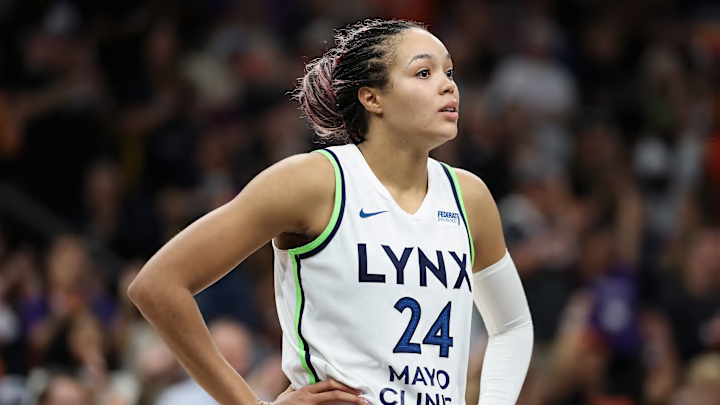News that WNBA players and the league had agreed to a brand-new collective bargaining agreement (CBA) in January 2020 was met with relief and even celebrations. The 2020 CBA — the very one players opted out of ahead of the 2025 WNBA season — was described as progressive and appropriate for the moment. Clearly, a lot has changed between then and now (and, crucially, the 2020 CBA was signed just before the COVID-19 pandemic reshaped basketball and more or less everything). As we approach the October 31, 2025, deadline for players and the W to come to a brand new agreement, it's worth looking back on what led to the 2020 CBA in the first place.
It's likely difficult for many WNBA fans to imagine now, but the 2020 agreement was hard-fought and ultimately rewarding. Players were contending with unsafe and unreliable methods of travel (charter flights were not even remotely the norm), and they also demanded salary increases and better benefits (including the aforementioned travel concerns as well as childcare stipends and fully paid maternity leave).
When looking back on the months that preceded the 2020 agreement, there is a key game that set the tone — and it didn't take place on a WNBA court. Breanna Stewart and Brittney Griner (of the Storm and the Mercury, at the time) collided during a match in Europe. Stewart tore her Achilles after landing awkwardly on Griner's foot and set off a firestorm of conversations about why two of the best players in the league were forced to travel overseas in the first place.
That's a conversation that's only just started to see resolution this year, with the debut of what's proving to be perhaps the most significant challenge to the WNBA to date, the professional 3x3 league Unrivaled. Perhaps it's no surprise that Stewart cofounded the league alongside Napheesa Collier, and that both women have become voices for change within the league.
WNBA players had similar concerns in 2019 and 2020
Just as it is now, the WNBA was experiencing an optics crisis when the January 2020 CBA was signed. Players openly questioned their involvement in a league that seemingly failed to prioritize them — and Diana Taurasi blatantly disparaged the league's leadership and claims it was concerned about player welfare at all.
"They don't care. They don't care about that. Any league that talks about that — they care about their players — is lying," Taurasi told ESPN during the 2019 season.
She added, "Like, they can say all the right things. So I didn't go overseas [this year]. OK, that's great. Hey, can you pay for my therapy? Can you pay for my personal trainer so I can be in shape when I come play for you? 'No, we can't do that. That's against WNBA rules.' Oh, OK, then I'll just come in here fat and out of shape, since you really care about your product. See? I mean, they can say all the right things, but they need to show us what that means."
Taurasi's comments were characteristically blunt, but notably weren't all too different than what Collier said during her September 30 exit interview with the league when she blasted WNBA leadership as the "worst in the world." Perhaps a look back at the past is warranted for all involved players — because there just might be a few crucial lessons in there.
